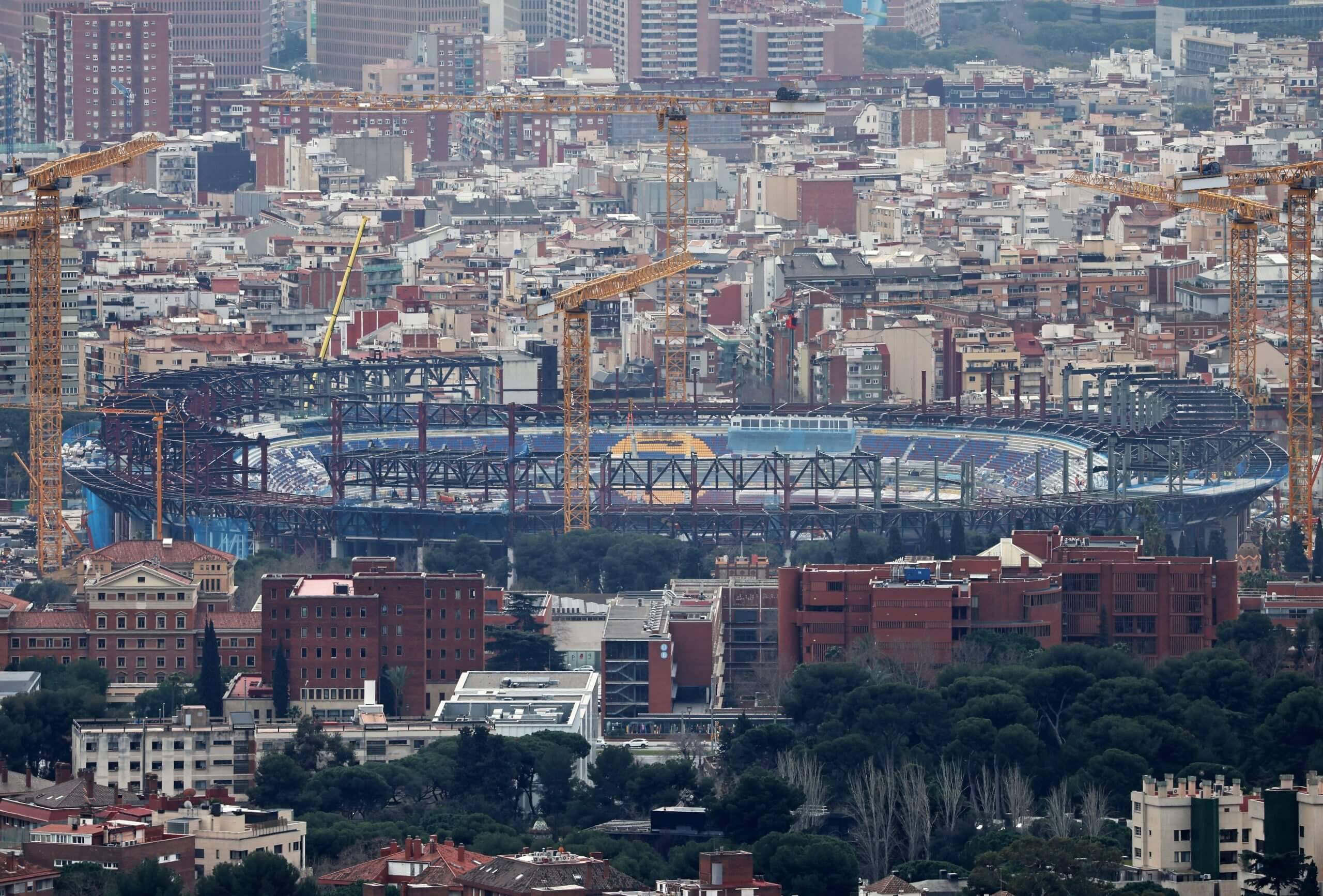
It was the saga that threatened to overshadow Barcelona’s season, but we finally have a resolution in the case over Dani Olmo and Pau Victor’s registration issues.
Both Olmo and Victor will be able to play for the rest of the current campaign after the CSD, the Spanish government’s High Sports Council, ruled that La Liga and the Spanish football federation (RFEF) did not have the right to rule on their playing licenses, which footballers in Spain need to represent their club or country.
Advertisement
That came after La Liga questioned the financing of those registrations on Wednesday, reporting an auditor to the authorities who the club employed for four days that played a vital role in Olmo, the 26-year-old Spain playmaker, and the 23-year-old striker Victor being given temporary permission to play for at least three months in January.
Here, The Athletic explains the latest decision and asks whether we have finally heard the end of this saga.
What previously happened with Olmo and Victor?
Barcelona signed Olmo from RB Leipzig and Victor from Girona for around €60million ($66m; £51m at current exchange rates) and €2.7m respectively last summer, but given the club were spending more than their La Liga-imposed salary limit, there were caveats.
La Liga’s economic controls mean any club in this position faces hurdles to register new players, which they must do to use them in any competition. Sides in this situation need to offload current salaries before adding new ones.
Barca then suffered multiple long-term injuries, including to defenders Ronald Araujo and Andreas Christensen, the latter for more than five months. La Liga’s rulebook outlines that when a player is injured for more than four months, the club can use 80 per cent of their allocated salary space to register a new player on their books.
Christensen’s injury was key in registering Olmo, but his significant salary meant he could only be registered for four months until January. Victor was only registered for four months given the club’s problems with their salary limit.
Those four-month registrations did not exist before the Olmo-Victor case, according to sources with knowledge of La Liga’s salary limit — who, like all those cited in this article, asked to remain anonymous to protect relationships. That tweak from the competition gave Barca time to fix their finances after La Liga was shown legal documents from the Catalan club’s negotiations with Nike over a new kit sponsorship deal.
Advertisement
But things got messy around the December 31 deadline for Olmo and Victor’s registration. Despite having signed a new deal with Nike in November, Barca were still operating above their salary limit. President Joan Laporta’s final move was to sell a share of the VIP seating at the renovated, yet-to-be-finished Camp Nou to foreign investors.
The rights to 470 VIP seats at the future Camp Nou were sold for 30 years to two Middle Eastern companies for around €100m. Laporta told a press conference in January that a Qatari investor had contributed €30m and another from the United Arab Emirates had put forward €70m.

The Camp Nou is undergoing extensive renovations (Urbanandsport/NurPhoto via Getty Images)
That still did not solve Barca’s problems. On January 1, La Liga de-registered Olmo and Victor after telling Barca the money from the VIP seats had not arrived in time. The RFEF was also involved, backing La Liga in saying Olmo and Victor were not eligible for the rest of the season.
Why were Olmo and Victor given temporary permission to play?
Barcelona claimed the VIP seating deal had been finalised on time but also questioned whether La Liga was entitled to revoke Olmo and Victor’s licenses — filing a complaint to the CSD, part of the Spanish government, on January 7.
By that point, the pair had missed Barca’s Supercopa de Espana semi-final against Bilbao’s Athletic Club as they were ineligible. The next day, the CSD accepted Barca’s appeal. It said the case required further analysis and, given the sporting damage the wait could cause to both players and club, it granted Olmo and Victor a temporary registration measure until April 7.
The CSD argued the committee established by La Liga and the RFEF, which had ruled on Olmo and Victor’s licenses, was not entitled to do so.
Why was La Liga angry about the situation?
La Liga was not happy with being overruled by the Spanish government in January. Then, two days before the final ruling this week, the competition released a statement questioning the funding of Barcelona’s VIP seat sale.
La Liga said Barca had reported using three different audit companies in the past three months. It said one of those firms, which remains unnamed, was employed for just four days — from December 31 to January 3 — and signed off on the VIP seat sale on December 31. According to La Liga, this firm included the €100m from that deal as profit within this season’s budget.
The money received from that sale meant Barca finally went below their La Liga salary cap for the first time since Laporta’s re-election as club president in 2021.
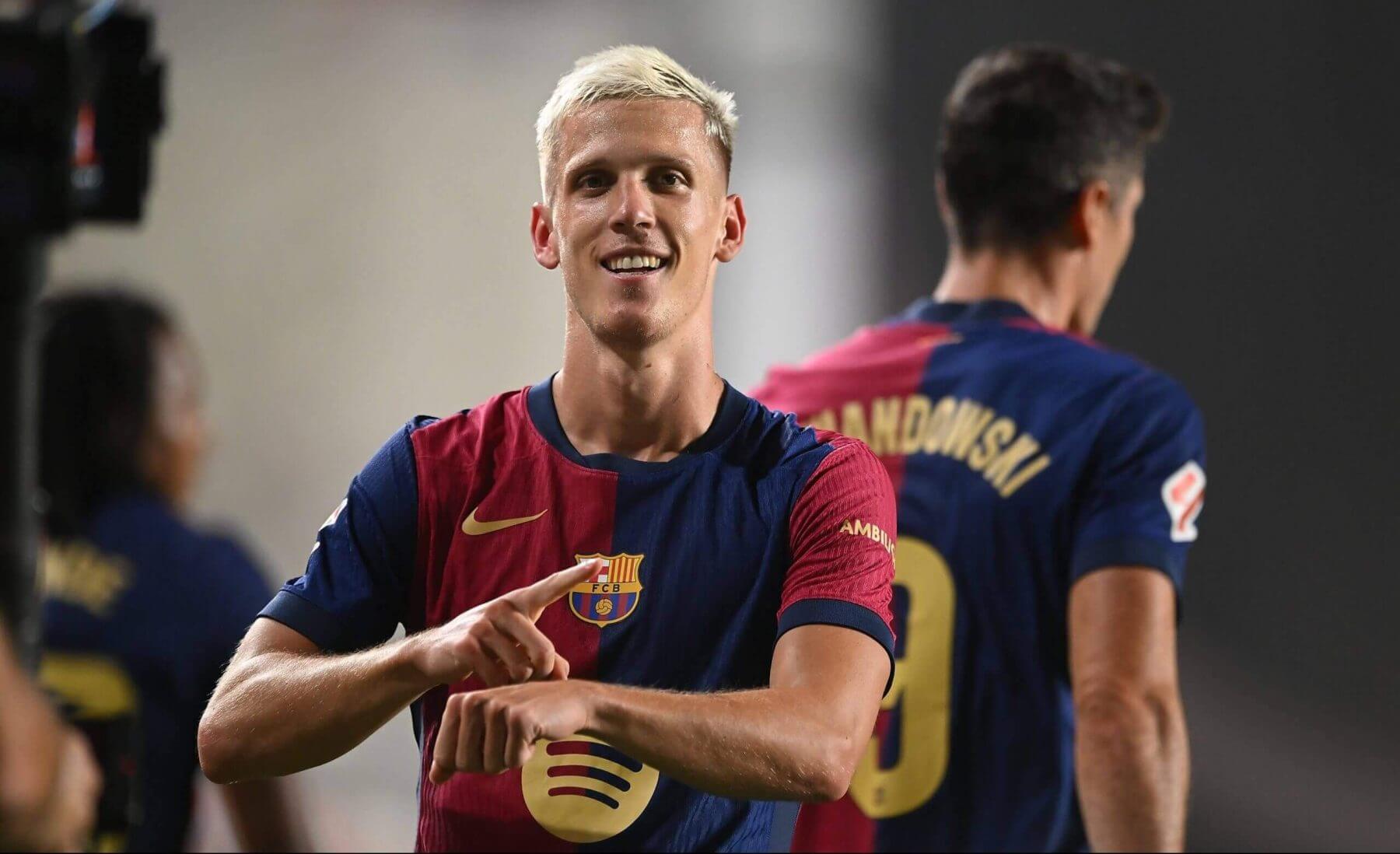
Olmo has scored seven goals for Barca this season (Denis Doyle/Getty Images)
At the beginning of each year, La Liga clubs must send the competition a report describing their profits and losses for the first half of every financial year. According to La Liga, Barca filed their report after March 26, within the deadline set. This report was signed off by another audit company called Crowe.
Advertisement
Crowe’s report did not include the VIP seating sale in Barca’s profits and losses from this season — unlike the club’s previous filing. Without the €100m, Barca returned to operating above their salary limit, meaning they could not register new players before offloading current salaries.
“Barcelona did not, as of December 31, 2024, or January 3, 2025, nor does it currently, have any positive balance or registration capacity, publicly known as ‘Fair Play’, to register the players Dani Olmo and Pau Víctor,” the La Liga statement this week read.
La Liga also announced it had reported the unnamed audit company to the local authorities. Despite those complaints, Olmo and Victor have been allowed to play on.
Did the ruling take into account those auditing problems?
No. As much as La Liga laid out its perspective, the CSD said it did not take Barca’s financial situation into account as this decision “was not about the economic controls that La Liga realises with its associated clubs”.
The ruling adds that monitoring clubs’ compliance with La Liga’s financial rules is a function of the competition’s budget validating body and financial control committee.
“If the Budget Validating Body approved the operation (Barca’s VIP seats sale) on January 3, 2025, but then later (within) the same institution changed its opinion and had a different stance, it is all an internal matter that will need to be treated internally within La Liga,” it said.
Is this the last we’ll hear of this situation?
La Liga has announced it intends to “immediately” appeal the CSD decision. It argued the two players’ licenses expired on December 31 and denied revoking them, while arguing the ruling did not “conform to the law”.
There was another significant development after that decision. La Liga sources told The Athletic that Olmo and Victor have been registered until the end of their contracts. Olmo’s deal expires in 2030 and Victor’s runs until 2029.
Advertisement
This has happened because the CSD has ruled La Liga and the RFEF monitoring committee is not “qualified to make decisions” on player licenses — in effect, meaning the two bodies must respect the full length of Olmo and Victor’s contracts with Barca.
That highlights how big a win this is for Barcelona. Without the ruling, the Catalans would have experienced difficulties in registering Olmo for the remaining five years of his contract. Victor’s salary is significantly lower, but it would have posed a problem, too.
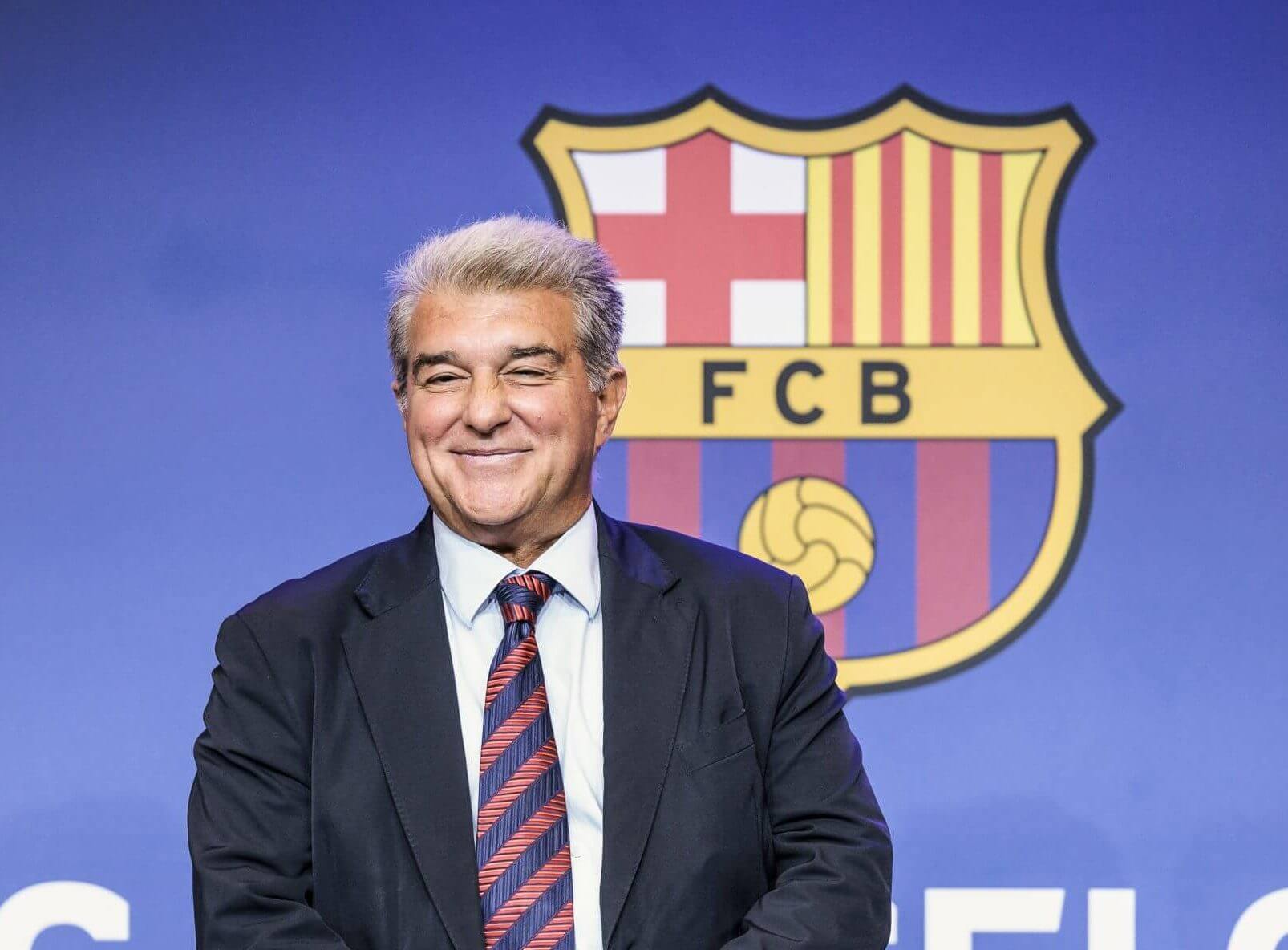
The ruling was a significant win for Laporta and Barca (Javier Borrego / AFP7 via Getty Images)
But there is more to this decision. In January, when Barca’s VIP Seating sale deal was sanctioned by La Liga and they went below their salary limit, they completed a major round of contract extensions.
Araujo, Pedri, Gavi, Pau Cubarsi and Inigo Martinez all signed new deals, four of them long-term contracts. These were checked and approved by La Liga, which registered each of those players.
Barca returned to operating above their salary limit after Crowe’s report did not include the profit from the VIP seats deal, but this will not affect the player contracts that have already been signed. La Liga sources confirmed that, since those extensions were agreed when Barca could afford them and La Liga validated them, they will remain registered until their end dates.
So Barca have not just secured Olmo and Victor’s future at the club, but those of several other key players — which would not have been possible in usual circumstances.
This does not mean Barcelona are free of financial restrictions with future deals. This has been a fix — and a big one — for now. But the Catalan club are still operating above their La Liga salary limit and can expect difficulties in registering any new signing or contract renewal from now on.
This saga may have ended, but Barca fans should not hold their breath when it comes to this summer and beyond.
(Top photo: Getty Images)
This news was originally published on this post .






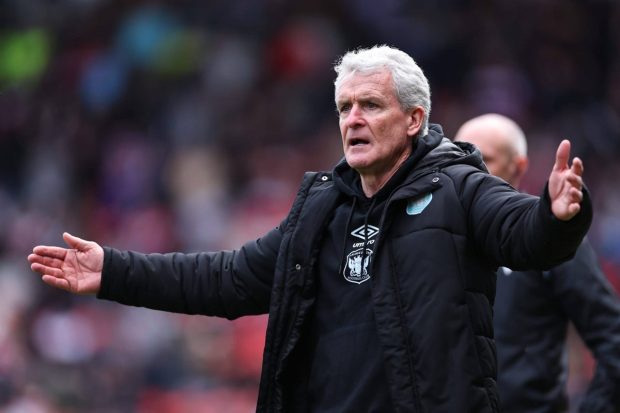
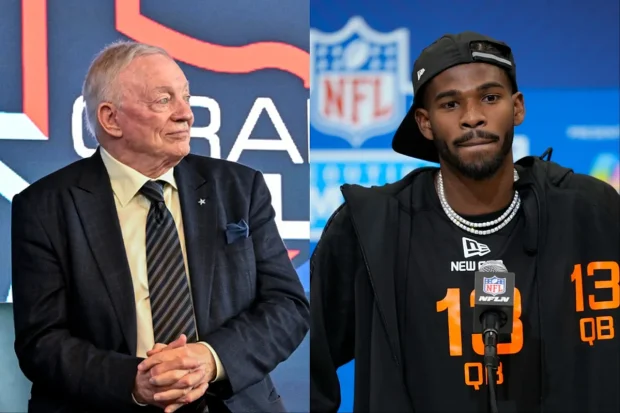
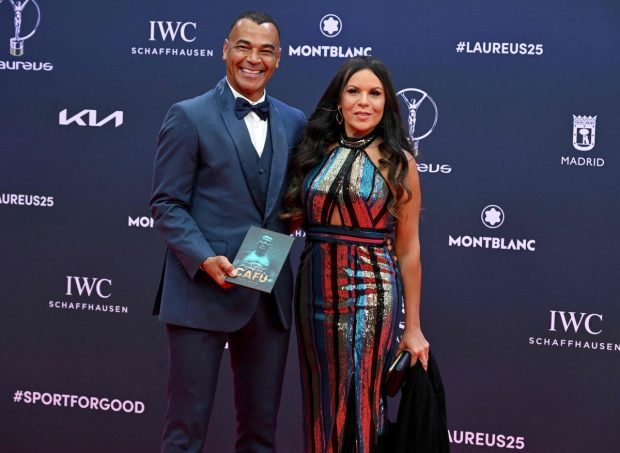
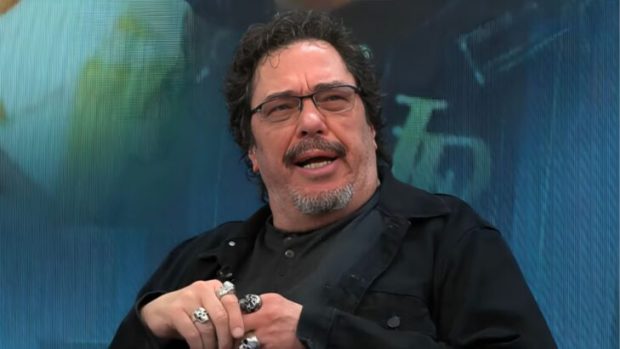

Be the first to leave a comment